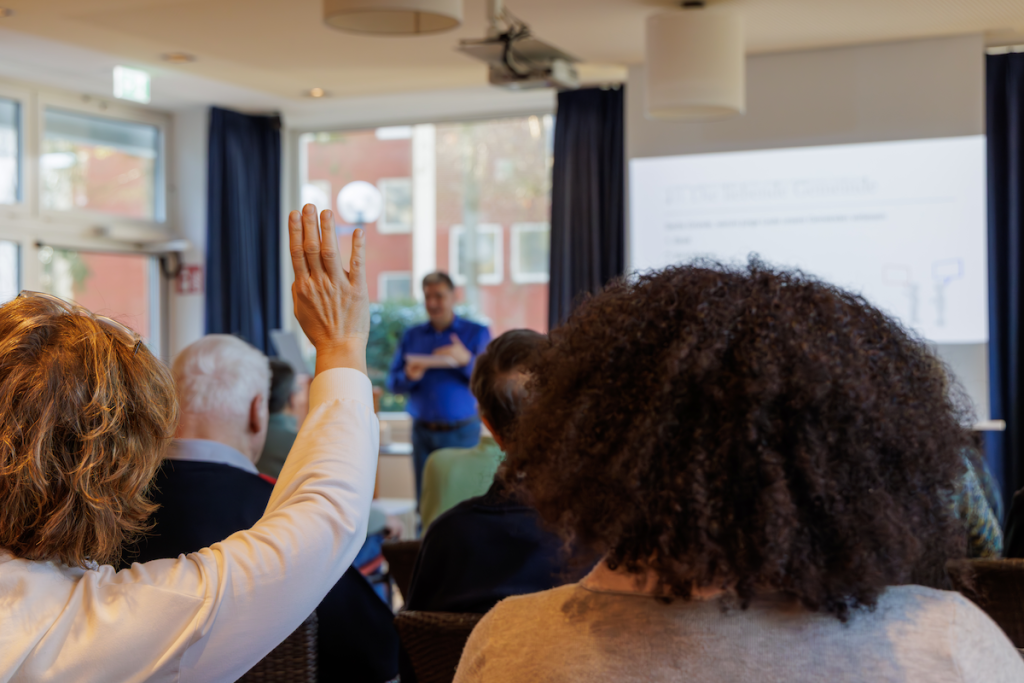Tough cases need a collaborative approach.
Too often, individuals and families experiencing homelessness face complex barriers—poor credit, health issues, or limited income—that require assistance from multiple services. Provider staff can experience limited progress with clients by working in isolation, which slows progress and stretches already thin resources.
Case Conferencing tackles this challenge, working directly with case workers, by offering a structured, time-bound, and collaborative space for providers to pool expertise, share real-time updates, and coordinate care plans that lead to solutions.

